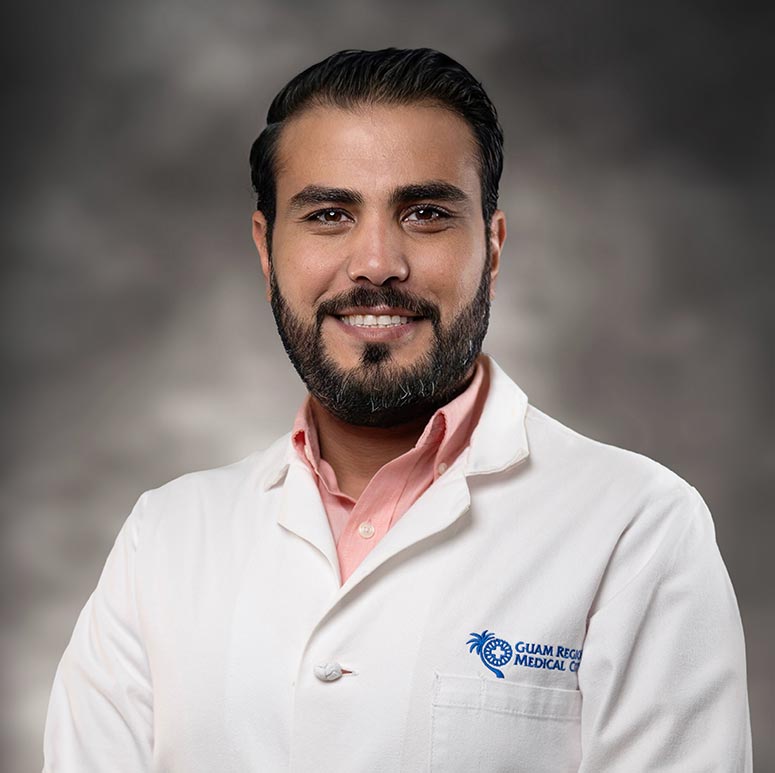 Our hospital offers specialized care services to address unique medical needs.
Our hospital offers specialized care services to address unique medical needs.  Our hospital offers specialized care services to address unique medical needs.
Our hospital offers specialized care services to address unique medical needs. 
Interventional cardiology services encompass a range of minimally invasive procedures designed to diagnose and treat cardiovascular conditions. These procedures are typically performed by interventional cardiologists who specialize in using catheters and other small instruments to access and treat the heart and blood vessels. Here is a summary of interventional cardiology services:
Cardiac Catheterization:
Angioplasty (Percutaneous Coronary Intervention – PCI):
Coronary Stent Placement:
Atherectomy:
Peripheral Artery Disease (PAD) Interventions:
Structural Heart Interventions:
Electrophysiology Procedures:
Interventional cardiology services offer less invasive alternatives to traditional open-heart surgery, reducing recovery times and complications. These procedures play a crucial role in managing and treating a variety of cardiovascular conditions, ultimately improving patient outcomes and quality of life.
NOTICE: Guam Regional Medical City Announces Internship Opportunities: SHINE Bootcamp and SHInE M.D. Physician Track





